Let's talk about something that's been on many parents' minds lately - keeping our kids healthy and active. You know how we often hear about rising obesity rates in children? Well, here's some good news: PE classes prevent obesity in kids by creating a foundation for lifelong fitness habits.
Remember when we were young, and PE class meant endless fun, running around with friends, and playing games? Today, these classes are even more important. They're not just about having fun (though that's definitely important!) - they're about teaching our children how to take care of their bodies for life.
How do PE Classes help?
Recent studies have shown that schools with strong physical education programs see significantly lower rates of childhood obesity. It's pretty simple when you think about it - PE classes prevent obesity in kids by getting them moving during the school day when they might otherwise be sitting at their desks.
- Structured Physical Activity: PE classes are designed to get kids moving. They allow students to engage in various physical activities, from team sports to dance and individual exercises. PE classes help children develop a love for movement by including fun and engaging activities. To learn the essential benefits of physical activity, check out the Importance of Physical Activity for Children.
- Skill Development: Besides promoting physical fitness, PE classes teach essential movement skills that children can carry into their daily lives. Learning how to run, jump, throw, and catch not only enhances physical ability but also boosts confidence in participating in sports and recreational activities outside of school.
- Social Interaction: PE classes teach teamwork and cooperation among students. Participating in group activities helps children build social skills, make friends, and learn how to work together towards common goals. This sense of community can encourage kids to stay active together even outside of school hours.
Beyond Traditional Physical Activities
Here's the thing - PE classes aren't just about running laps or playing dodgeball anymore. Modern physical education includes learning about nutrition, understanding how our bodies work, and discovering different types of physical activities that kids might actually enjoy. When PE classes try to prevent obesity, kids learn valuable lessons about staying active that they can carry into their adult lives.
Parental Involvement: Making PE More Effective
As parents, we can boost the benefits our children get from PE classes. Here's how:
- Ask your children about their PE classes every day, just like you'd ask about math or reading. Show them you value physical education as much as other subjects. When kids see that we take their physical activities seriously, they're more likely to engage fully.
- Make sure your kids have comfortable clothes and proper shoes for PE days. Nothing dampens enthusiasm for physical activity quite like uncomfortable clothing or shoes that hurt.
- Talk to your children about what activities they enjoy most in PE. Maybe they love basketball but aren't so keen on running. Understanding their preferences can help you encourage similar activities at home.
- Connect with their PE teachers during parent-teacher conferences. Ask about your child's progress and what you can do at home to support their physical development.
Building Healthy Habits at Home
PE classes prevent obesity in kids when combined with healthy habits at home. Try incorporating some of what they learn in PE into your family routine. If they're learning about volleyball, maybe you could set up a net in the backyard. If they're doing dance units, have a family dance party!
The Brain-Body Connection
Research shows that kids who are physically active during the school day actually perform better academically. They tend to have:
- Better concentration
- Improved memory
- Enhanced problem-solving skills
- Higher energy levels for learning
It's like exercise gives their brains a boost along with their bodies!
Remember, obesity prevention isn't about strict diets or intense workout regimens for kids. It's about creating healthy, sustainable habits that will serve them throughout their lives. That's exactly what good PE programs do - they make physical activity fun and natural rather than a chore.
Action Steps for Parents
As we wrap up, let's remember that our role as parents is to support and enhance what our children learn in PE class. We can do this by:
- Being positive role models who stay active ourselves
- Creating opportunities for physical activity at home
- Limiting screen time and encouraging outdoor play
- Celebrating our children's efforts and improvements, not just their athletic achievements
Conclusion
By working together with PE teachers and staying involved in our children's physical education, we can help ensure they develop healthy habits that will benefit them for years to come. After all, a healthy, active child is more likely to grow into a healthy, active adult.
The future of our children's health isn't just about what happens in PE class - it's about how we support and reinforce those lessons at home. Together, we can help our kids build the foundation for a lifetime of health and wellness.
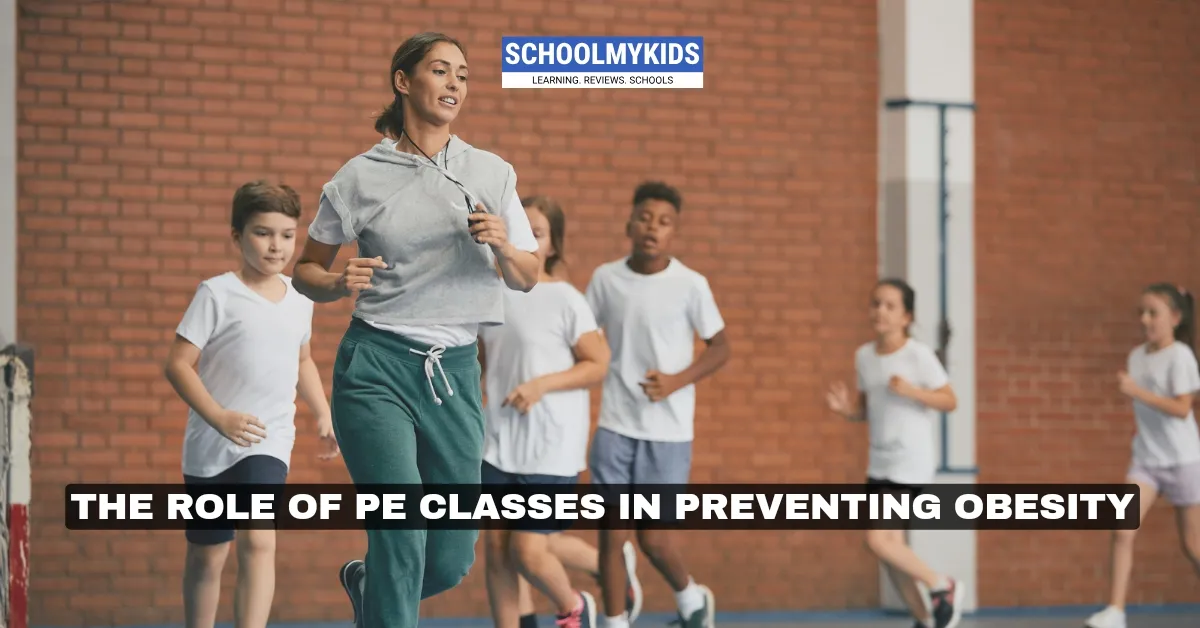

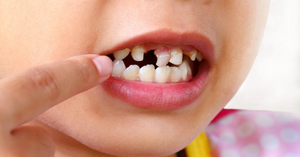
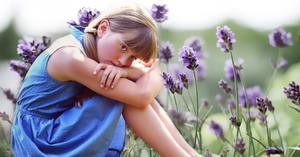

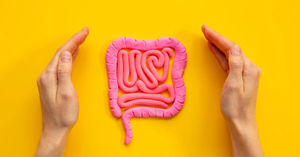

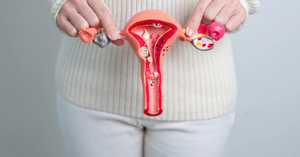
Be the first one to comment on this story.